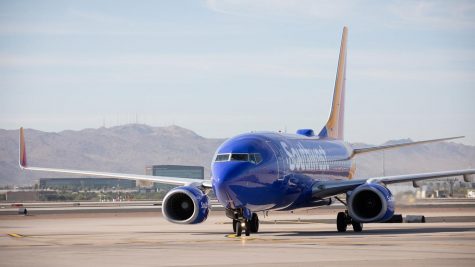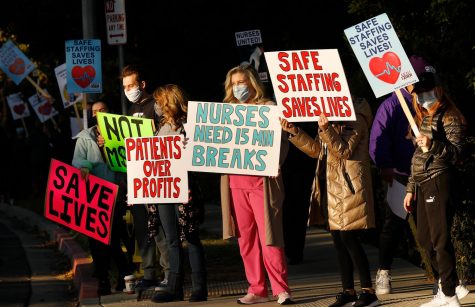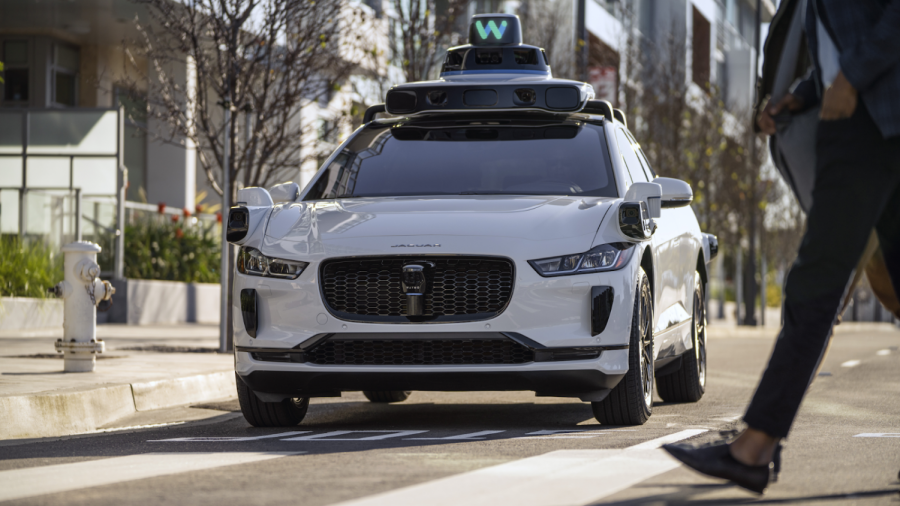What in the World? #1
The Good
“Confused self-driving cars are flooding a norm
ally quiet dead-end street in San Francisco”
From USA Today
Waymo, formerly Google’s self-driving car project, is a company that produces, you guessed it, self-driving cars. Their services are available in many cities, and are often quite accurate. They have mapped out the whole area of Chandler, Arizona, a part of the greater Phoenix area.
However, their cars seem to be visiting a quiet dead-end street in San Francisco more than usual, and it’s not because more patrons are ordering their service.
The cars’ passengers are having their routes disrupted, and end up having to turn the car around themselves.
Nearby resident Jennifer King says, “There are some days where it can be up to 50. It’s literally every five minutes.”
A Waymo spokesperson said that the issue is a result of new road rules in San Francisco called the “Safe Streets” program. The law limits traffic on certain residential streets, which might be why the cars are being redirected to the dead end.
Residents claim that this has been going on for six to eight weeks.
(photo from Silicon UK)
The Bad
“Southwest Airlines cancelled her entire family’s flights and they missed her wedding day”
From CNN

Chicago residents Kimberli Romano and Kyle Hlavaty flew to Las Vegas for their wedding weekend on October 6th, with no issues. A bridesmaid’s flight bec
ame delayed that Friday, which is nothing out of the ordinary.
However, on Saturday morning, the couple became concerned that Romano’s parents would not be able to make it to the wedding. The wedding was Sunday.
Hlavaty heard from a friend that was supposed to be on the flight with Romano’s parents that the flight was cancelled, and he immediately told his Fiancée. Romano called her parents to verify the cancellation, and sure enough, her parents would not be making it to the wedding.
“That was probably one of the most difficult things I’ve ever had to do was get married without my parents.” said Romano.
Southwest cancelled roughly 2,000 flights that weekend. According to Southwest, a number of issues caused the mass cancellations. Among the reasons were bad weather and problems at the Air Traffic Control center in Jacksonville, Florida. These issues caused disruptions among many other airlines, but Southwest was impacted much more severely than others. Southwest admitted that they lost control of the situation due to a lack of adequate staffing.
The couple scrambled to try and find flights for the family, but to no avail. Romano managed to find her parents a flight out of Milwaukee the morning of the wedding, but learned at midnight that flight had also been cancelled.
Hlavaty’s mother and aunt were the only family of the couple able to attend the wedding. Romano’s parents watched on FaceTime, at the mercy of cellular connection.
“I’m sure that I’m not the only person who’s been hugely inconvenienced by what happened over the weekend,” said Romano. “I’m looking for a sincere apology more so than anything else. Money’s money. Money doesn’t bring memories back.”
(photo from Travel Weekly)
The Ugly
“Strikes are sweeping the labor market as workers wield new leverage”
From The Washington Post

Americans are leaving their jobs at an accelerated rate. A record 4.3 million quit their jobs in August alone.
Many workers with grievances are digging in and going on strike. Recently, 100k John Deere workers went on strike,
walkouts organized by unions that represent some 31k Kaiser Permanente employees took place, and 60k Hollywood production workers reached a deal hours before their negotiation deadline, narrowly avoiding a strike.
Cornell University’s School of Industrial Labor Relations tracks that there have been 178 strikes against employers this year. The Bureau of Labor Statistics
has documented 12 strikes involving 1,000 workers or more this year. It’s a notably high number, but in line with the increasing trend from 2018 and 2019.
The trend is referred to as the Great Resignation, and as a result the labor pool has thinned and economic recovery has slowed. Companies are struggling to meet high demand for their products and manage their supply chains, especially since workers are now harder to replace. This has given unions more leverage and striking less risky.
Union leaders and employees are angry that companies have not given raises despite increasing profits, and wage growth has not kept up with inflation. They are also upset that there are less high quality jobs available.
President Biden showed his support for the Amazon union drive in Alabama, a rare move for a sitting president. He has also repeatedly called to raise the federal minimum wage to $15 an hour, which is great for labor leaders.
(photo from Time Magazine)




